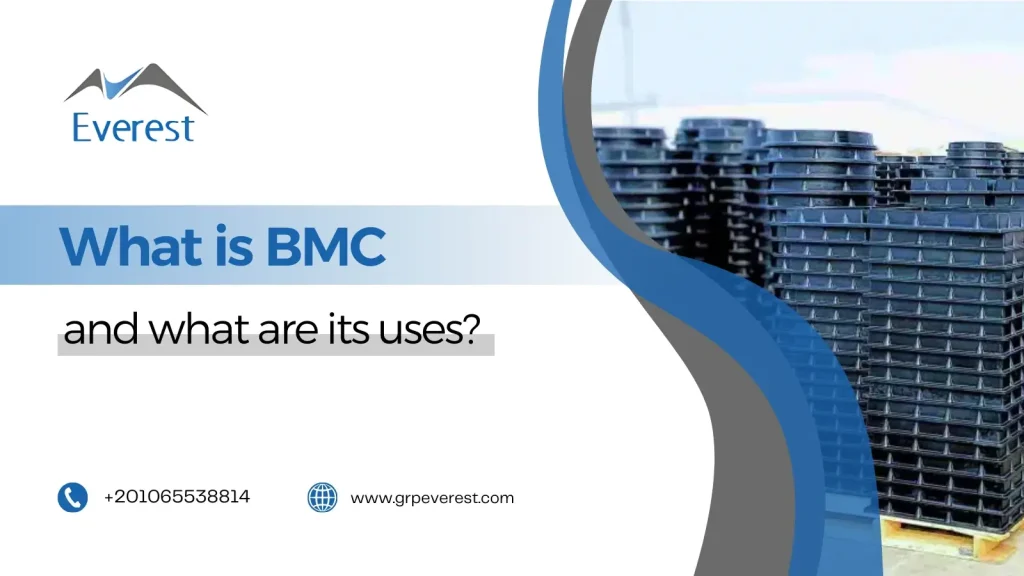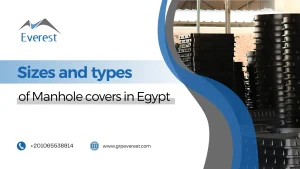What is BMC? (Bulk Molding Compound) is one of the advanced engineering plastics used in various industrial applications. It is characterized by its strength, flexibility, and ability to withstand extreme conditions, making it an ideal choice for many applications. In this article, we will go over what BMC is, what its properties are, and what it is used for.
1. Definition of BMC
BMC is a composite material consisting of a combination of polymer resins, glass fibers, and mineral components, considered key reinforcing agents. BMC is manufactured through a process that involves mixing the resin with glass fibers and other chemicals such as stabilizers and additives. BMC is easily moldable, making it ideal for mass production.
2. What are the properties of BMC
A. Strength and durability
BMC is a very strong material, with a high tolerance to pressure and weight. It is used in applications that require high structural strength, such as mechanical parts and electrical components.
B. Corrosion resistance
BMC has excellent resistance to weathering, such as moisture, heat, and chemicals. This makes it ideal for use in harsh environments where materials are subject to corrosion.
C. Electrical insulation
BMC is electrically insulating, making it suitable for use in electrical and electronic applications.
D. Moldability and Formability
BMC can be easily molded into complex shapes, allowing for the manufacture of various parts at low costs. It can also be used in injection molding processes, enhancing production efficiency.
3. What are the uses of BMC
A. Automotive industry
BMC is used in the automotive industry to manufacture multiple parts, such as interior and exterior panels, and electrical parts. Thanks to its lightness and strength, it helps improve fuel efficiency and increase vehicle performance.
B. Electrical applications
BMC is used in the manufacture of electrical insulators and electronic components, such as diffusers and covers for electrical parts. This material is an excellent choice because of its electrical insulation and heat resistance.
C. Housewares Industry
BMC is used in the manufacture of household items, such as utensils and equipment. It can be molded into attractive shapes and provide corrosion-resistant features.
D. Industrial products
BMC is used in the production of a wide range of industrial products, including mechanical parts, components in heavy machinery, and tools used in factories.
E. Medical applications
In the medical field, BMC is used in the manufacture of medical equipment, such as devices and equipment used in surgeries. This material provides a high level of hygiene and durability.
4. What are the environmental advantages and benefits of BMC?
BMC is an environmentally friendly material because it can be recycled. Recycled BMC can be used in the production of new materials, which contributes to reducing waste. It also requires low energy consumption to manufacture compared to some other materials.
5. Challenges and Disadvantages of BMC
Despite its many benefits, there are some challenges associated with BMC:
Cost: The cost of manufacturing BMC may be higher compared to some traditional materials.
Difficulty in recycling: While BMC can be recycled, the process can be complicated in some cases, requiring specialized equipment.
6. Some other uses of BMC material
BMC material is used in manhole covers and sewage, whether circular, square, or rectangular, rain drains, manhole ladders, and waterways because, as mentioned, it withstands high loads, is easy to disassemble, install, l, and maintain, has high resistance to weather factors, frictions, and shocks, and is easy to mold, as it is available in several sizes, and finally it is not recyclable. You can contact us at Everest Industrial and Investment Company and inquire about BMC products through the Contact Us link.
Conclusion
BMC represents one of the important innovations in engineering materials, offering a range of properties that make it ideal for a wide range of applications. From the automotive industry to electrical applications, BMC contributes to improved efficiency and product quality. With the growing demand for strong and lightweight materials, BMC is expected to continue to proliferate and increase its use in the future. Understanding the properties and uses of BMC can help engineers and designers make informed decisions about choosing the right materials for their projects, enhancing performance efficiency and innovation in multiple fields.




